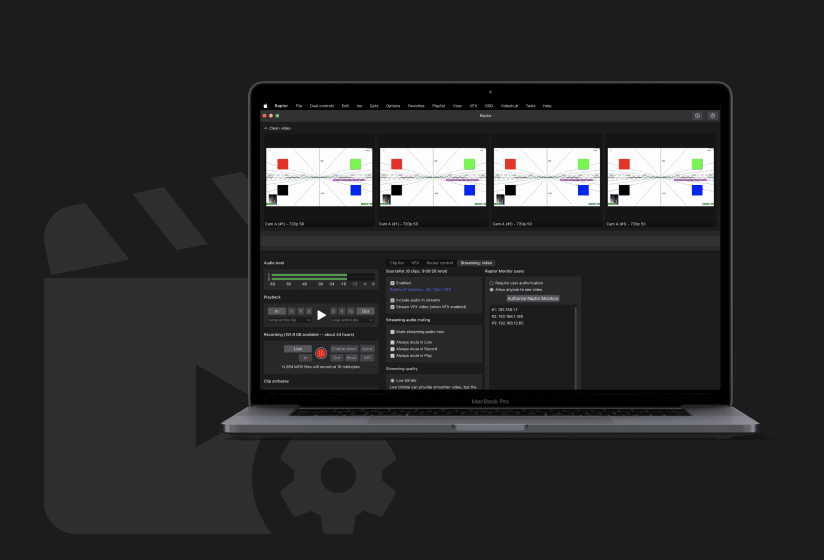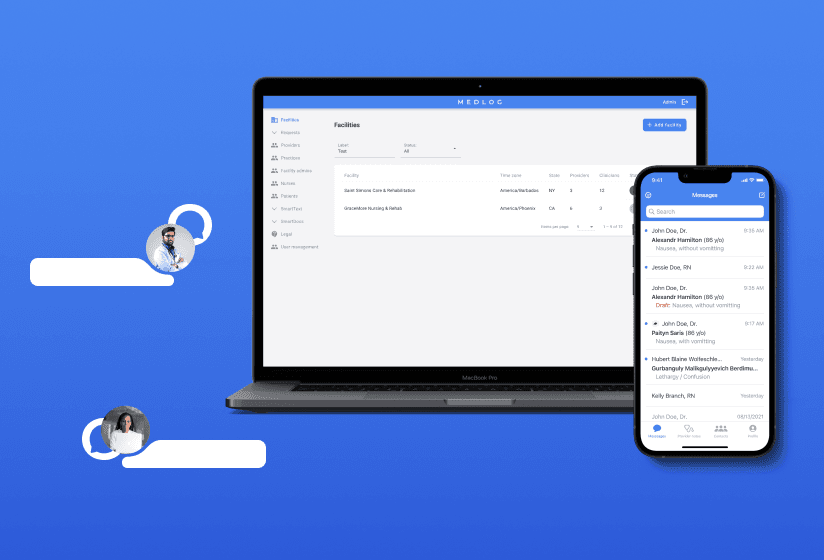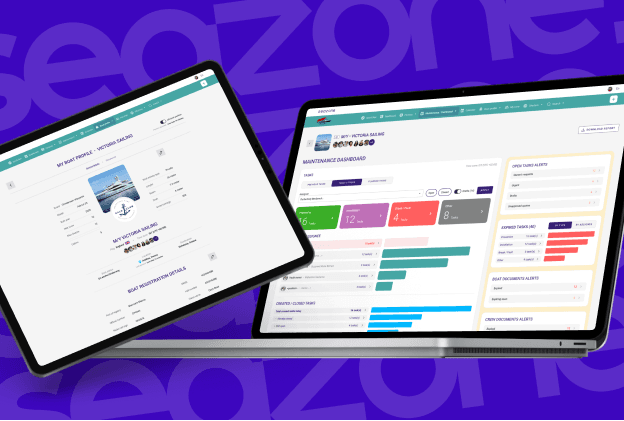BMS
Business Management Software for an Inspection Company
CRM/ERP
2021
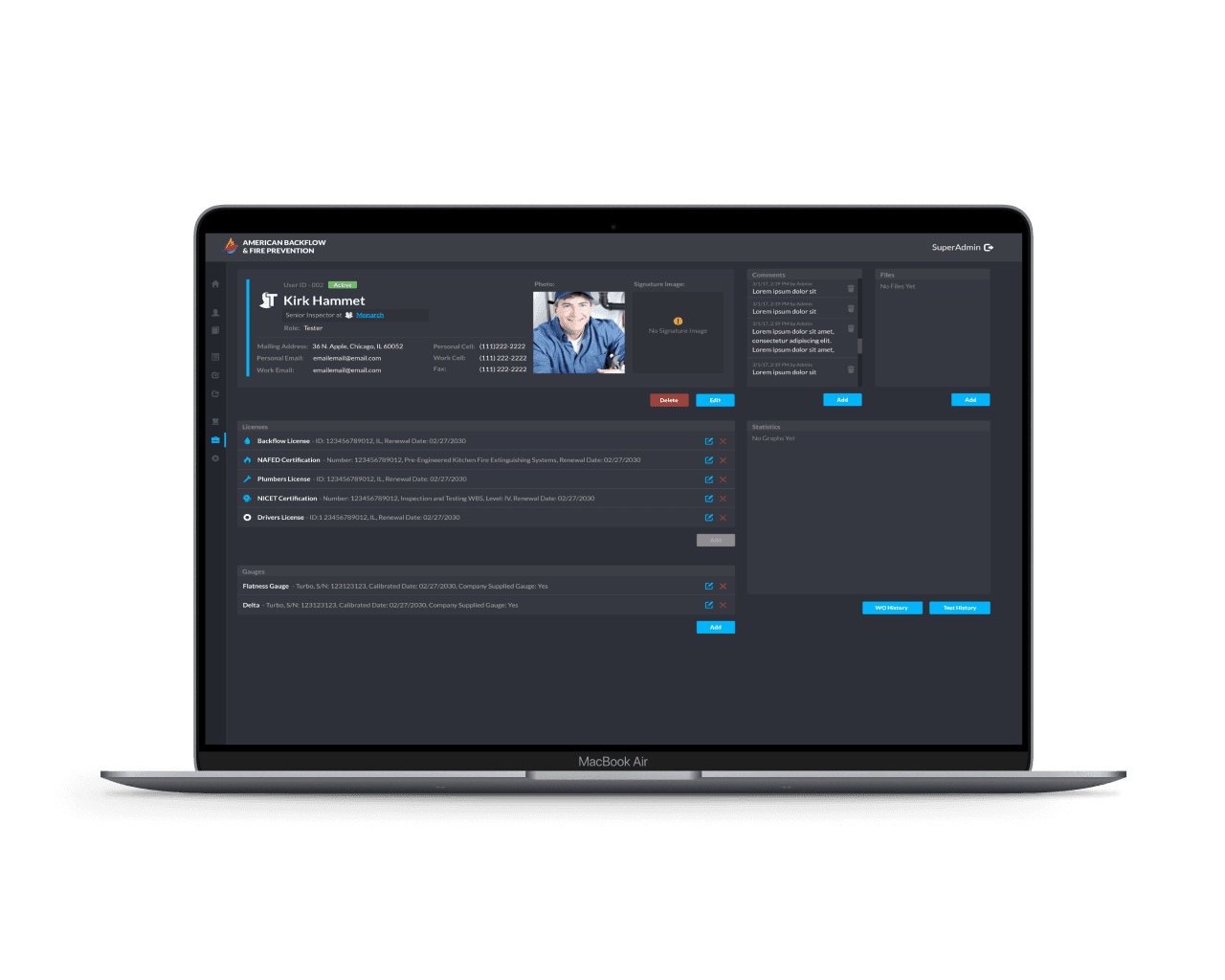
About the Project

Business Management Software (BMS) is an all-in-one solution designed to meet the needs of the US-based plumbing and fire alarm inspection company. It offers comprehensive features to streamline services, automate workflow, and help manage customer relations.
Challenge
Develop business management software for an inspection company that can link all the necessary processes together, reduce manual efforts, and automates their operations. The software should be able to manage customer data, asset information, scheduling and tracking of inspections, generate reports and other documents related to each inspection, provide real-time notifications and alerts on any changes in asset condition or performance metrics, and streamline the billing process. It should also provide comprehensive analytics dashboards to help the organization gain valuable insights from their operations and improve coordination across departments. Additionally, it must be secure, user-friendly, and compatible with iPads and iPhones.
Results
Through its innovative features, BMS increases efficiency by reducing paperwork and manual data entry while providing up-to-date information for better decision making. Reports are instantly generated from each inspection, allowing staff to monitor progress in real time. This ensures accuracy and consistency throughout the process. By automating processes and ensuring fast response times, BMS allows companies to provide their customers with the highest level of service possible. The software helps businesses save time and money while increasing customer satisfaction through improved communication between staff and clients.
Key Features
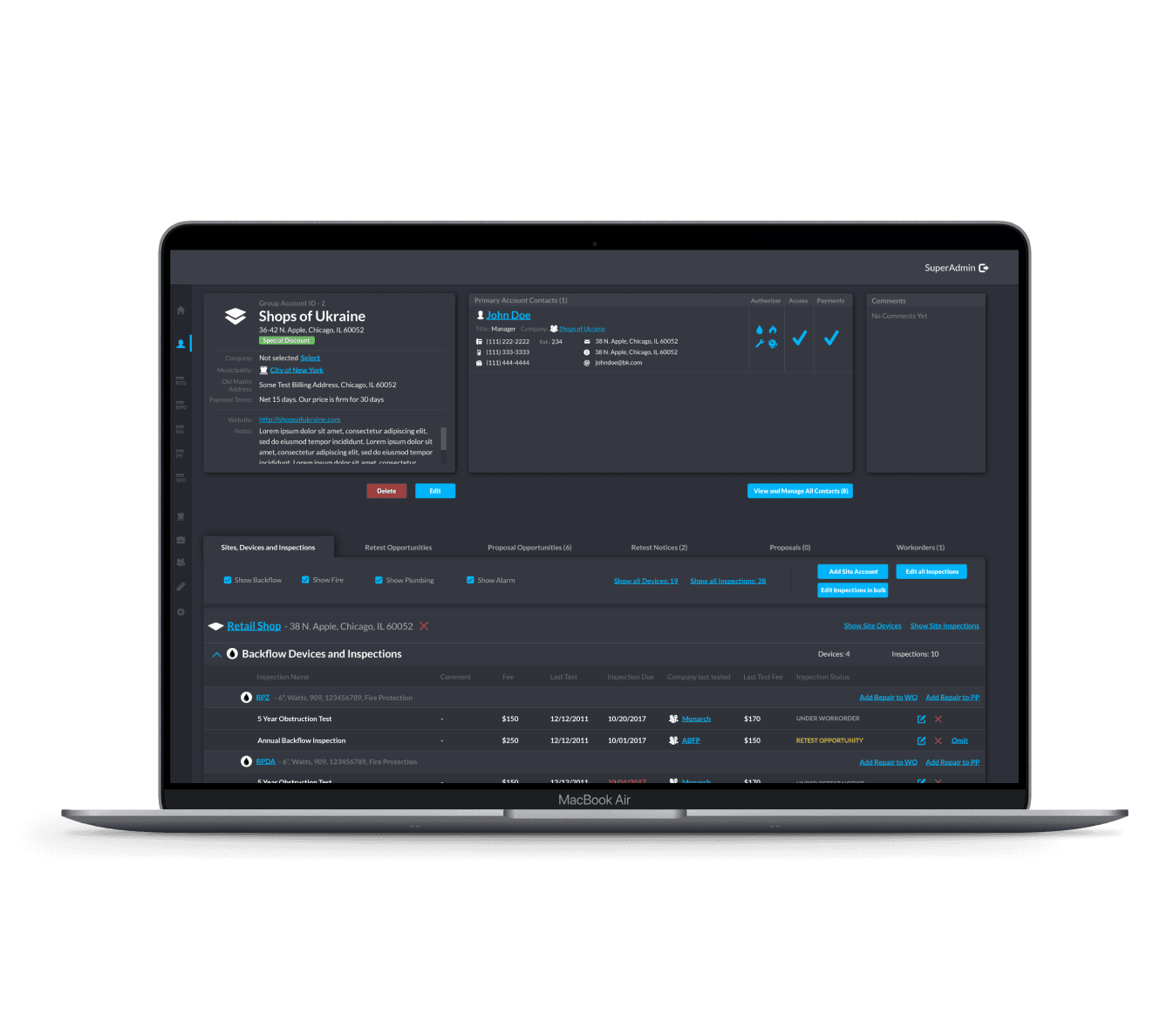
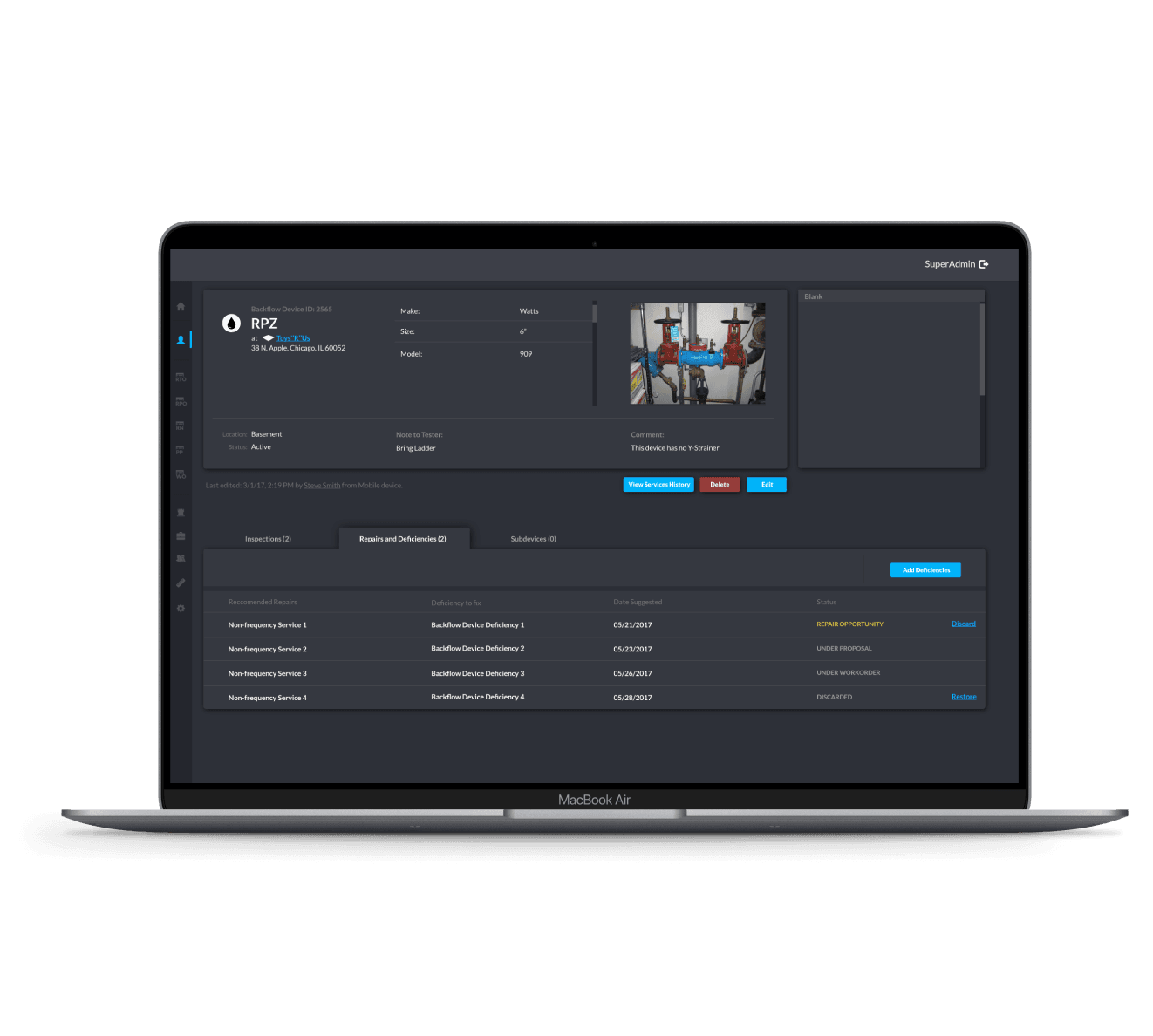
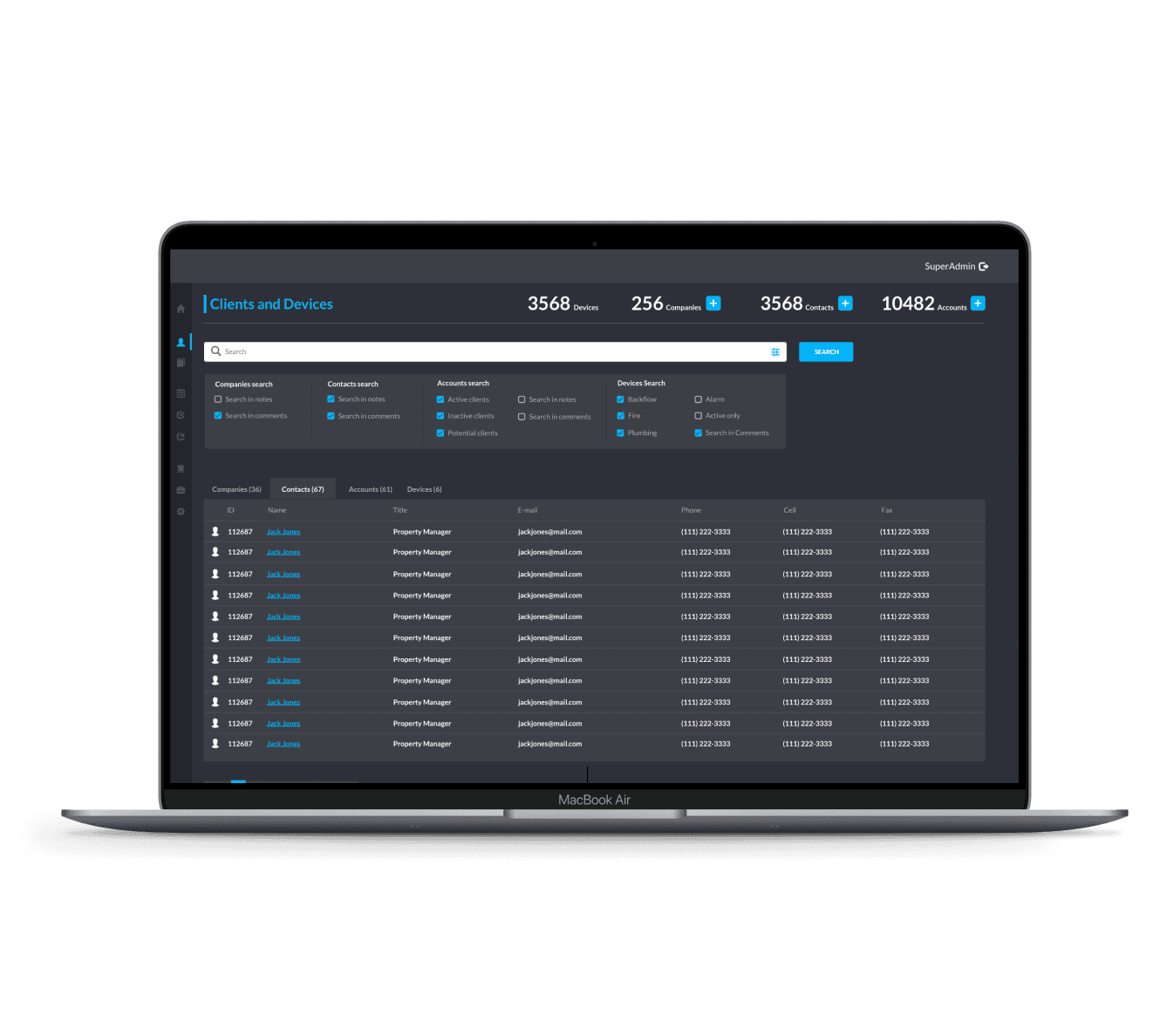
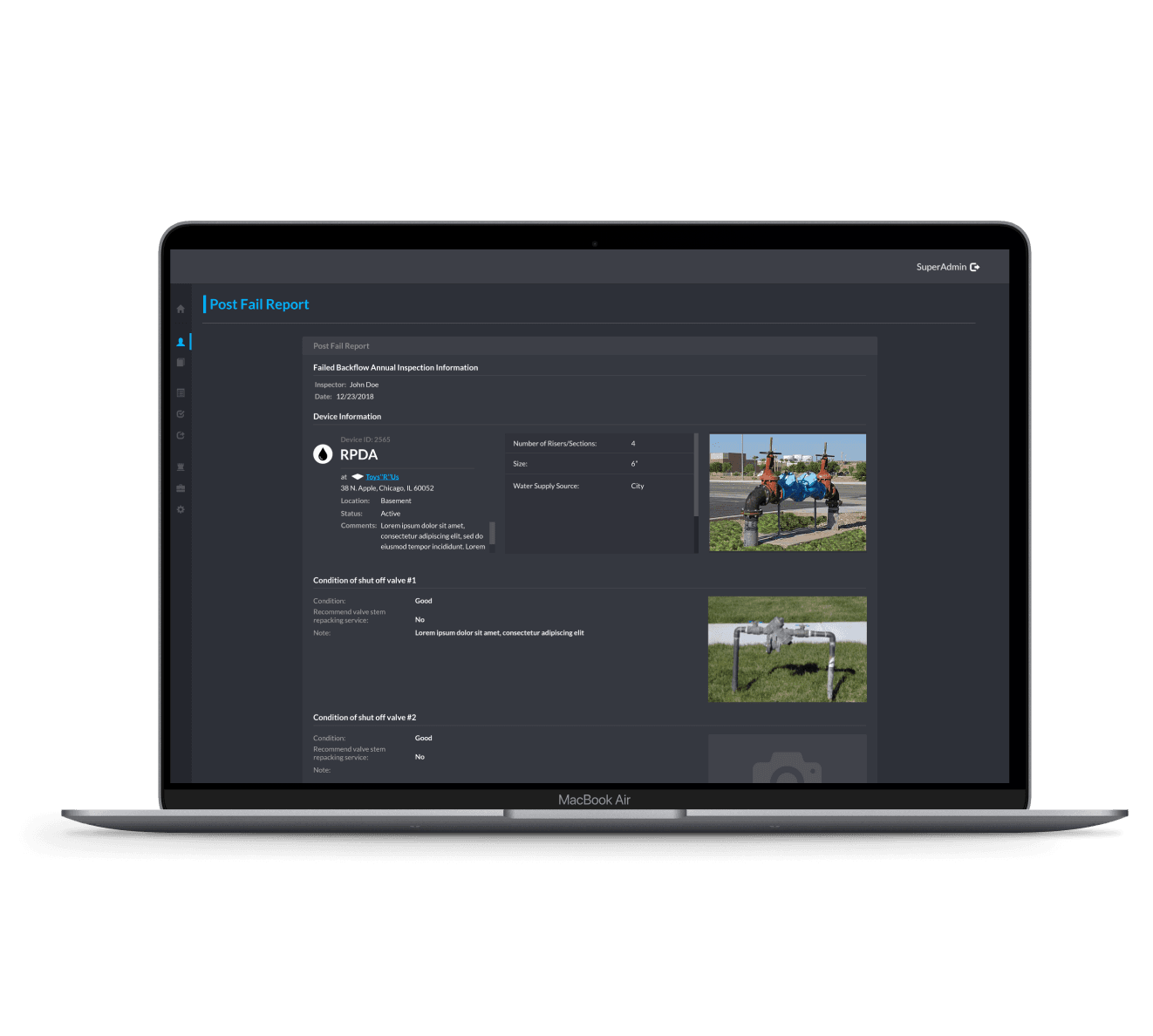
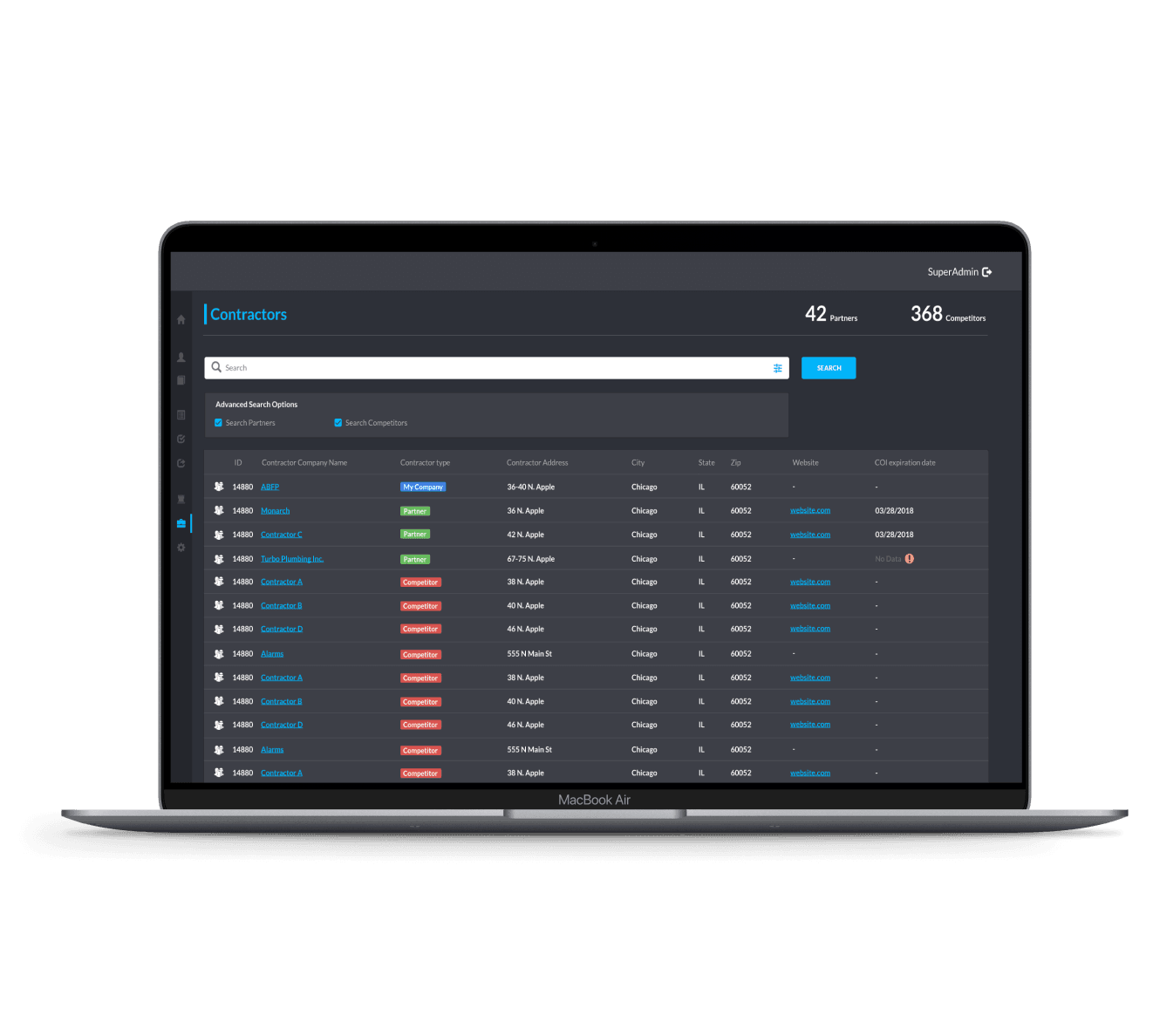
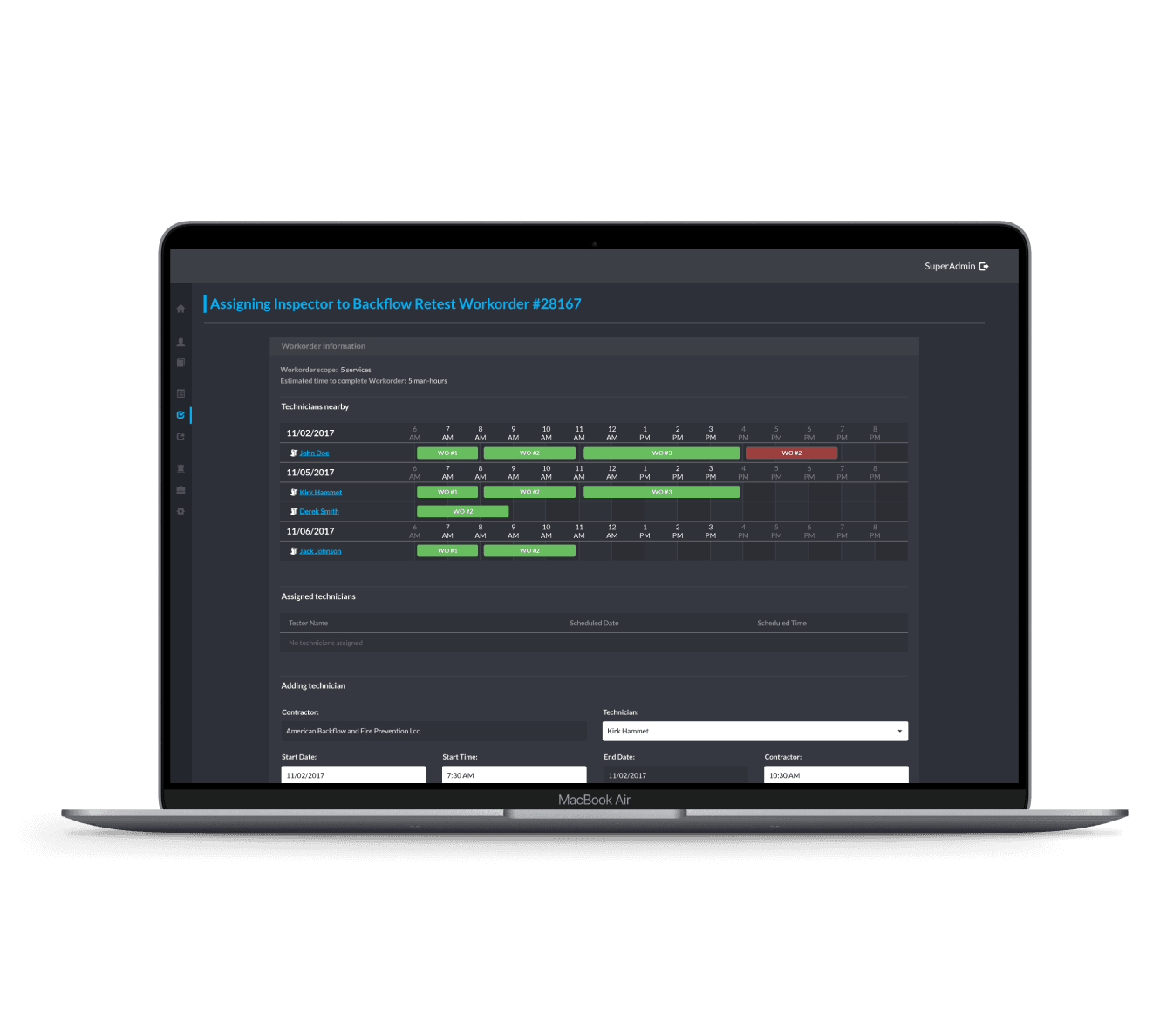
01Client Profile
One of the main features is the Client Profiles, where inspectors can store client information, set dates for future inspections, and monitor ongoing inspections.
02Inventory Management
The software also has a comprehensive inventory management feature that allows one to easily keep track of all the tools and equipment used during inspections. This feature enables inspectors to check which items need to be inspected quickly and when they need to be serviced or replaced.
03Search
BMS provides an intuitive search system that enables users to quickly locate past and present records related to any given inspection. This makes it easy for inspectors to access important documents when needed and ensure that all inspections are being done properly according to the procedure.
04Reports
Another key feature is the ability to input detailed reports with photos, videos, and other supporting documents from inspections. This makes it easier for inspectors to accurately document their findings in order to provide clients with complete information about their inspection services.
05Staff Management
The integrated Admin Panel allows for the convenient monitoring of all staff activities, such as timesheets, job assignments and updates, employee profiles, and performance reviews. This data is automatically stored in the database, providing an instant overview of personnel-related matters. It includes powerful analytics tools that allow managers to analyze employee performance and make timely decisions accordingly.
06Scheduling
The system also offers advanced scheduling capabilities, such as task splitting based on multiple parameters, including time, personnel, and resources needed. This ensures that the inspection process is completed efficiently while meeting all the necessary standards of quality. Additionally, BMS provides inspectors with automated reminders about upcoming tasks and any changes in their schedule. This helps ensure that all scheduled jobs are completed on time and without disruption to other operations.
Project Tech Stack
Android
IOS
More Projects
View AllNeed help with a product?
If you need support building your software solution from scratch or maintaining an existing one, please email us to discuss the details.
We use cookies. If you continue using our site, you confirm that you agree to our Privacy Policy.


